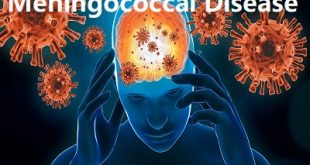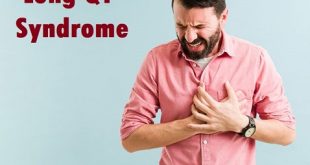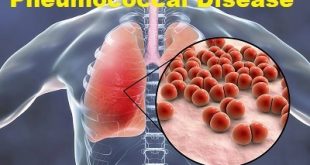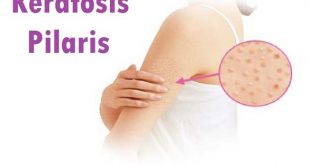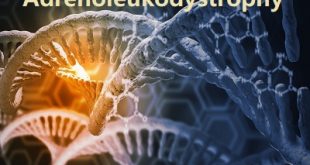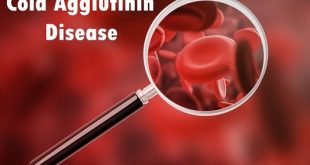What is Meningococcal Disease? Meningococcal disease is any type of infection that’s caused by the bacteria Neisseria meningitidis, which is also called meningococcus. The bacteria can infect the meninges and the blood. These infections can be serious, even fatal. They’re called meningococcal meningitis and meningococcal septicemia. The word “meninges” means the …
Read More »Long QT Syndrome – Overview, Types, Causes and Risk Factors
Overview of Long QT Syndrome Long QT syndrome (LQTS) is a disease that can cause a dangerous rapid heart rate and irregular rhythm involving the bottom pumping chambers of the heart (ventricles). The heart has both muscular and electrical components. Electricity flowing through the heart muscle triggers the muscle to …
Read More »Commotio Cordis – Pathophysiology, Causes and Prevention
What is Commotio Cordis? Commotio cordis can happen to a person with a normal heart and occurs when a blunt trauma to a person’s chest often while playing sports leads to cardiac arrest where their heart stops pumping blood. Commotio cordis typically occurs in children and adolescents. The impact needs …
Read More »Pneumococcal Disease – Introduction, Causes, and Treatment
What is Pneumococcal Disease? Pneumococcal disease is an infection caused by bacteria called Streptococcus pneumoniae (also known as pneumococcus). It’s contagious and may cause severe illness, so early diagnosis and treatment is important. Pneumococcal disease can affect many different systems in your body. It may result in conditions with mild symptoms like …
Read More »Keratosis Pilaris (KP) – Pathophysiology, Types and Treatment
What is Keratosis pilaris? Keratosis pilaris (KP) is a very common skin condition, typically seen in children and young adults. The term ‘keratosis’ means that there is too much keratin, the protein that protects skin from infections and other harmful things, while ‘pilaris’ comes from the Latin for hair (pilus). …
Read More »Dead Butt Syndrome – Overview, Causes and Treatment
Dead Butt Syndrome Overview Dead butt syndrome, also known as gluteal amnesia, is a problem affecting the glute muscles that occurs from inactivity and a sedentary lifestyle. The Gluteus Maximus (GM) muscle is the largest and most powerful in the human body. It plays an important role in optimal functioning …
Read More »Adrenoleukodystrophy – Overview and Diagnosis
Overview Adrenoleukodystrophy (ALD) is a genetic condition that damages the membrane (myelin sheath) that covers nerve cells in the brain and spinal cord. Myelin acts as insulation around the nerve fibers. When this insolating layer is damaged, nerve signals from the brain cannot communicate across the body properly, causing impaired …
Read More »Cold Agglutinin Disease (CAD) – Types, Causes and Diagnosis
Overview Cold agglutinin disease is a form of autoimmune hemolytic anemia caused by cold-reacting autoantibodies (a type of protein produced by the immune system). Primary cold agglutinin disease is usually associated with monoclonal (produced from a single ancestral cell by repeated cellular replication) cold-reacting autoantibodies. Primary cold agglutinin disease is chronic …
Read More » Diseases Treatments Dictionary This is complete solution to read all diseases treatments Which covers Prevention, Causes, Symptoms, Medical Terms, Drugs, Prescription, Natural Remedies with cures and Treatments. Most of the common diseases were listed in names, split with categories.
Diseases Treatments Dictionary This is complete solution to read all diseases treatments Which covers Prevention, Causes, Symptoms, Medical Terms, Drugs, Prescription, Natural Remedies with cures and Treatments. Most of the common diseases were listed in names, split with categories.
